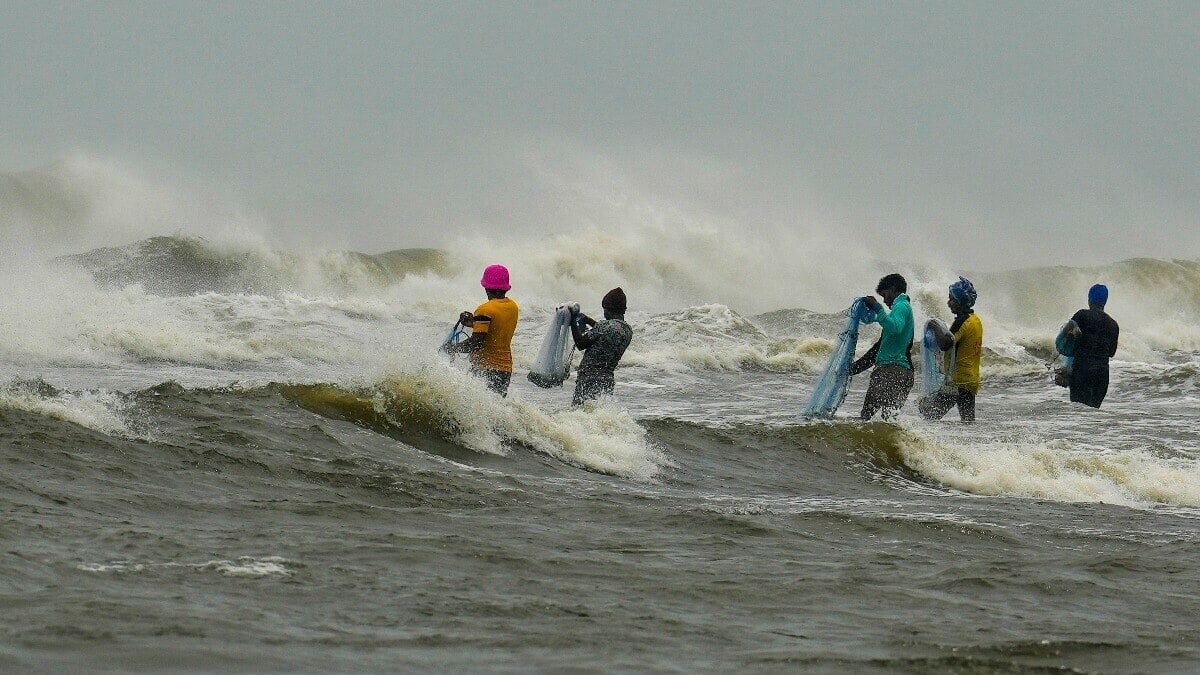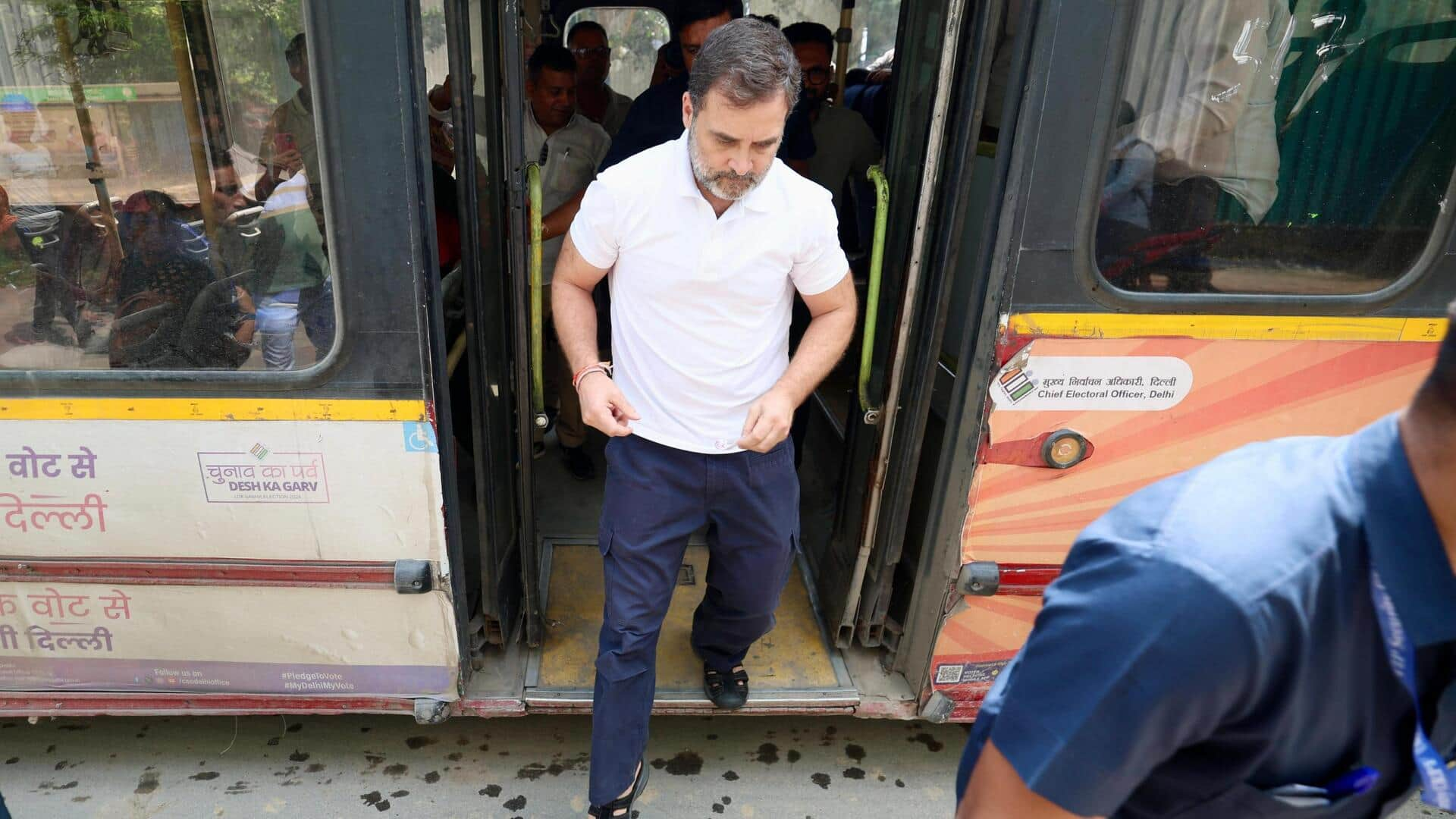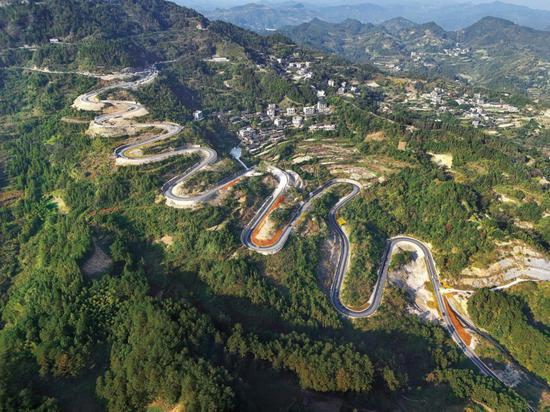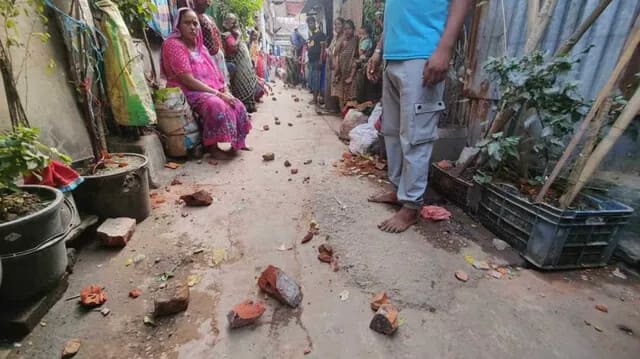Winnipeg’s $122.4-million share of a major federal housing fund could fall significantly short of a full payout, a new city report warns. Read this article for free: Already have an account? To continue reading, please subscribe: * Winnipeg’s $122.
4-million share of a major federal housing fund could fall significantly short of a full payout, a new city report warns. Read unlimited articles for free today: Already have an account? Winnipeg’s $122.4-million share of a major federal housing fund could fall significantly short of a full payout, a new city report warns.

In December 2023, the city received its first $30.6-million payment from the federal Housing Accelerator Fund, which aimed to trigger the creation of 3,166 net new housing units, including 931 affordable units, over the following three years. Additional annual payments of $30.
6 million were expected each December in 2024, 2025 and 2026, as long as the city meets building targets. The Canadian Press FIles Federal Conservative Leader Pierre Poilievre has said he would end the federal Housing Accelerator Fund if elected, and replace it with other housing initiatives. However, staff are cautioning city council against spending funds beyond the next payment.
“Potential uncertainty regarding continuation of (the fund) beyond 2025 have increased the risk,” writes Richard Mahé, the city’s Housing Accelerator Fund acting manager, in a new report. The report doesn’t specifically note that the federal election is scheduled to happen no later than October 2025, but states a potential shift in federal priorities could pre-empt future funding. Coun.
Brian Mayes (St. Vital) said it seems clear that reference is linked to the chance of a new federal government being elected. “Anyone who reads a newspaper would tell you there’s an election that has to come (by) 2025 and the Conservatives have been clear that they’re going to scrap this program (if elected),” said Mayes.
Federal Conservative Leader Pierre Poilievre has said he would end the program, if elected, and replace it with other housing initiatives, such as removing the federal sales tax on new homes sold for less than $1million. His party did not respond to a request for comment by deadline Thursday. Mayes said the new city report raises questions about whether the city should rush to implement sweeping development changes it promised as part of the funding deal.
“Do we want to make permanent zoning changes to get money that we’re (maybe) not going to get?” he asked. Mayor Scott Gillingham said he hopes the housing program will continue as planned. “This housing accelerator fund is helping us get more units built in Winnipeg quickly and that’s really what we need.
...
I’d like to see any federal government, whoever it is, follow through with that commitment,” said Gillingham. The city is planning substantial zoning changes due to the project. These would allow the following projects to be streamlined: construction of up to four housing units on a single lot, buildings of up to four-storeys at any site within 800 metres of frequent transit corridors and mid-rise housing targeted for mall sites and commercial corridors.
Such developments would be permitted and requirements for public hearings and potentially time-consuming building applications would be removed. The mayor said many of the changes are long overdue and council should finalize them, even if federal funding ends early. “I think it’s important we have more housing built faster, make it easier for developers to get units built in our community to respond to the pressing need,” said Gillingham.
Coun. Sherri Rollins, chairwoman of city council’s property and development committee, said it’s important that Winnipeg continue to receive the “critical” housing dollars. “We also need other governments to understand how important this money is to people in Winnipeg,” said Rollins.
The staff report calls for city council to approve $33.7 million of HAF cash to be spent in 2025, including $29 million for housing grants and $4.7 million for staff and consultants to deliver the program.
(The total includes $3.1 million that was unspent from last year’s funding.) If council approves, those grants will cover half of a previously announced $10-million grant for the Portage Place mall redevelopment and half of a new $10-million grant for Southern Chiefs’ Organization’s redevelopment of The Bay downtown.
Housing fund dollars slated for the following year would be expected to cover the second half of each of those grants, if the program continues as planned. Another $2 million would support affordable housing at The Forks Railside development. In an interview, Mahé said the remaining $17 million would go to the top-ranked applicants who unsuccessfully applied for the first round of grants, as well as city-owned projects developed by a new “land enhancement office.
” “We were very thrilled with the (grant) response that we got from the community ...
So, we’re looking at these shovel-ready projects...
to build more housing faster,” he said. The city gave out $25 million in grants earlier this year to just 11 of 66 applicants. Winnipeg Jets Game Days On Winnipeg Jets game days, hockey writers Mike McIntyre and Ken Wiebe send news, notes and quotes from the morning skate, as well as injury updates and lineup decisions.
Arrives a few hours prior to puck drop. The land enhancement office aims to use surplus city-owned properties available for housing projects and help prepare them for development, said Gillingham. Sofia Ouslis, a press secretary for the federal housing minister, said the current federal government would complete the housing fund program, which aims to cut red tape and speed up housing.
“We are committed to the program,” she said. joyanne.pursaga@freepress.
mb.ca X: @joyanne_pursaga Joyanne is city hall reporter for the Winnipeg Free Press. A reporter since 2004, she began covering politics exclusively in 2012, writing on city hall and the Manitoba Legislature for the before joining the in early 2020.
. Every piece of reporting Joyanne produces is reviewed by an editing team before it is posted online or published in print — part of the ‘s tradition, since 1872, of producing reliable independent journalism. Read more about , and .
Our newsroom depends on a growing audience of readers to power our journalism. If you are not a paid reader, please consider . Our newsroom depends on its audience of readers to power our journalism.
Thank you for your support. Joyanne is city hall reporter for the Winnipeg Free Press. A reporter since 2004, she began covering politics exclusively in 2012, writing on city hall and the Manitoba Legislature for the before joining the in early 2020.
. Every piece of reporting Joyanne produces is reviewed by an editing team before it is posted online or published in print — part of the ‘s tradition, since 1872, of producing reliable independent journalism. Read more about , and .
Our newsroom depends on a growing audience of readers to power our journalism. If you are not a paid reader, please consider . Our newsroom depends on its audience of readers to power our journalism.
Thank you for your support. Advertisement Advertisement.
Top
‘Potential uncertainty,’ manager warns
Winnipeg’s $122.4-million share of a major federal housing fund could fall significantly short of a full payout, a new city report warns. In December 2023, the city received its first [...]










